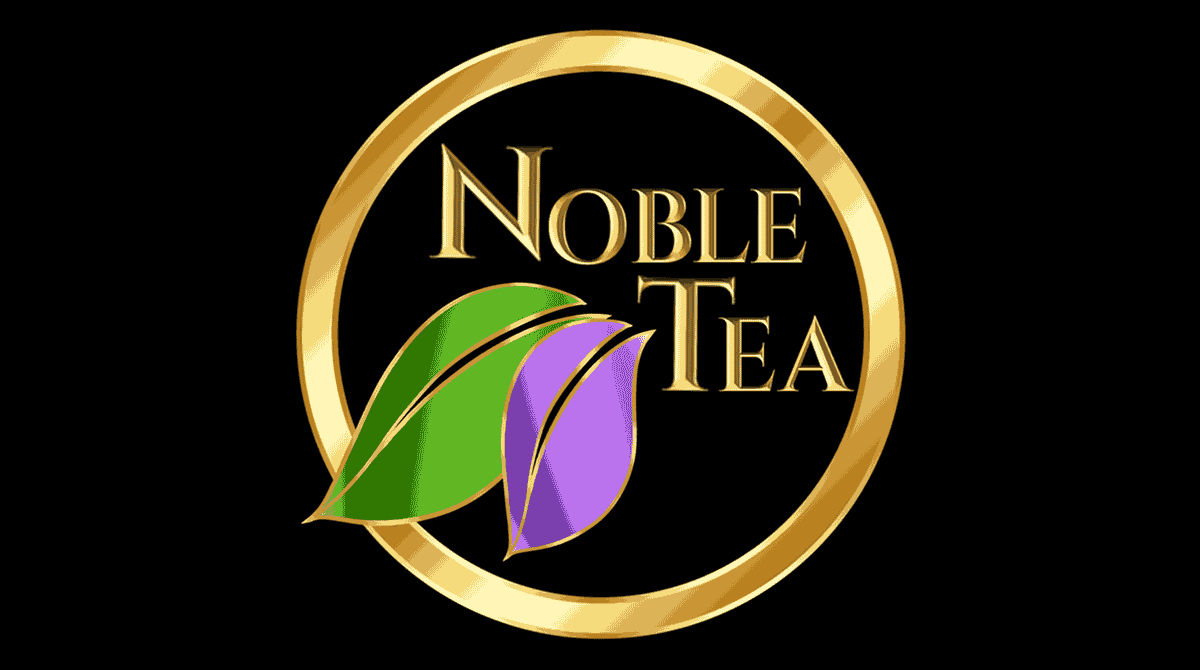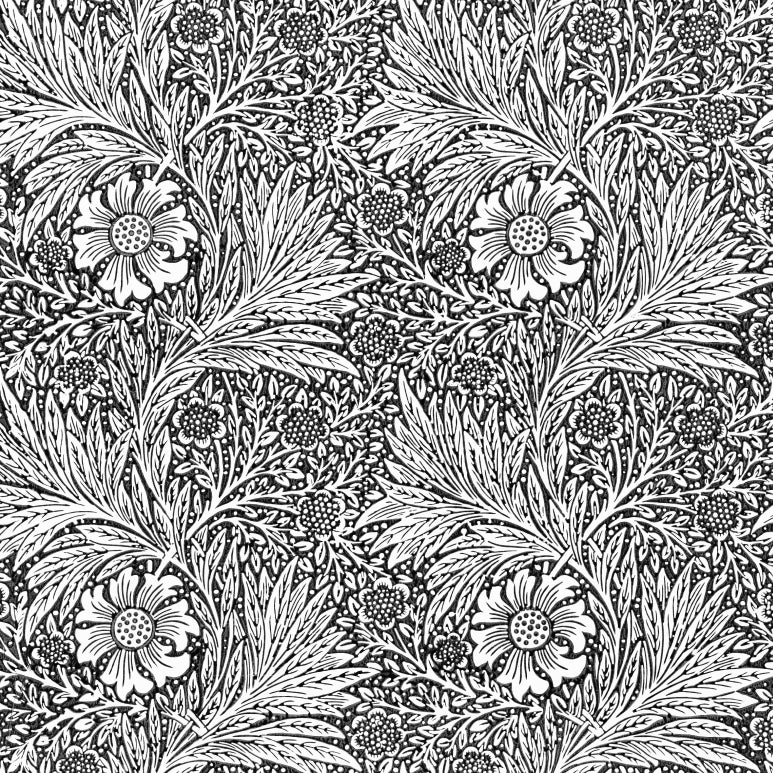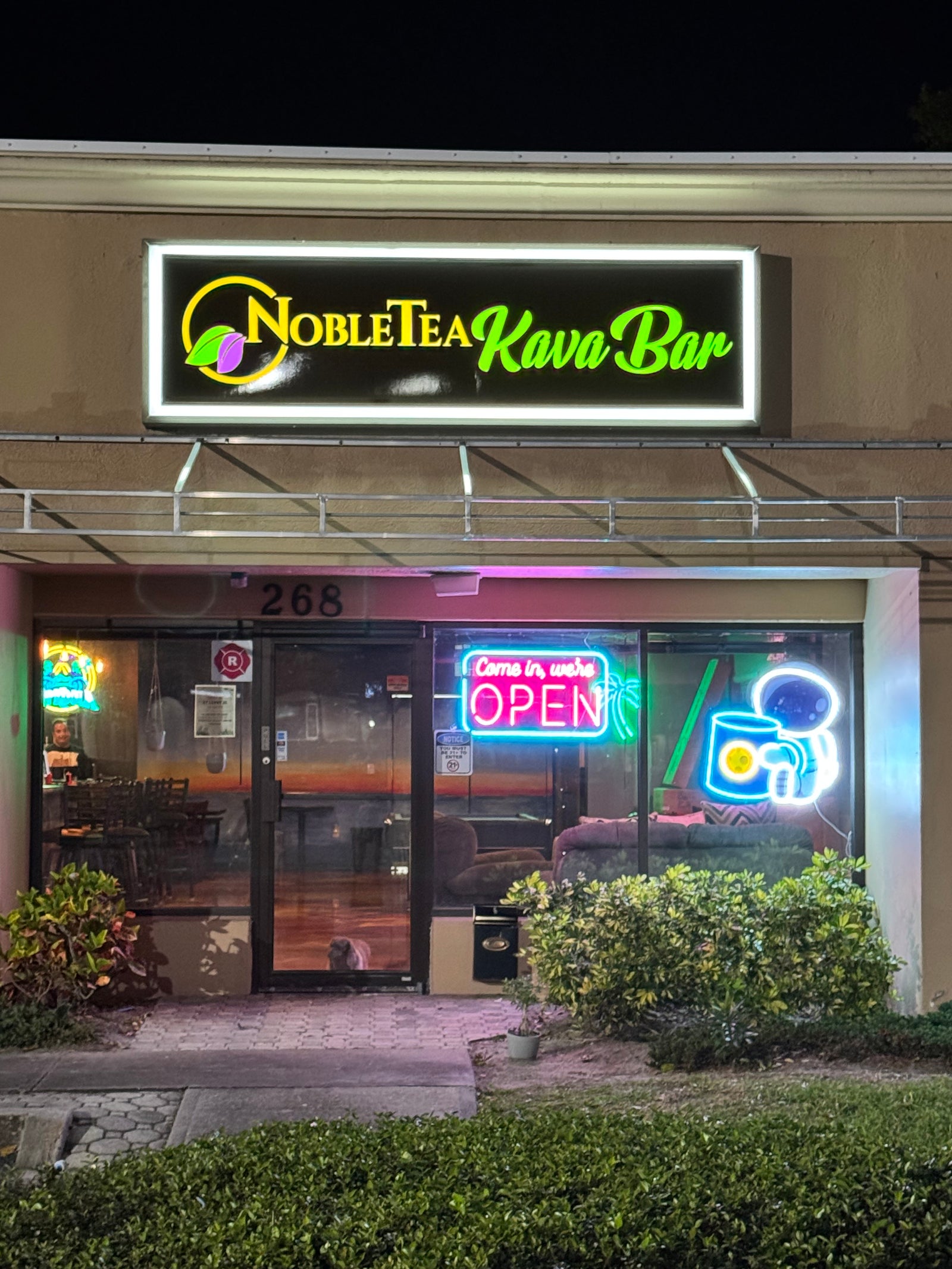Exploring the Scientific Evidence Behind Kava for Treatment of PTSD

Post-Traumatic Stress Disorder (PTSD) is a serious mental health condition that can develop after a person has been exposed to a traumatic event. Symptoms can include flashbacks, nightmares, severe anxiety, and uncontrollable thoughts about the event. It affects millions of people worldwide, and finding effective treatments is crucial.
What is Kava?
Kava, also known as Piper methysticum, is a plant native to the South Pacific. It has been used for centuries in traditional medicine and cultural ceremonies for its calming and sedative properties. The active compounds in kava, called kavalactones, are believed to interact with neurotransmitters in the brain to produce its relaxing effects.
How Does Kava Help with PTSD?
Research has shown that kava may have potential benefits for individuals with PTSD. Studies have suggested that kava can help reduce anxiety, improve sleep quality, and promote relaxation. These effects can be particularly beneficial for individuals experiencing symptoms of PTSD, such as hyperarousal and insomnia.
The Science Behind Kava and PTSD
A study published in the Journal of Clinical Psychopharmacology found that kava extract significantly reduced symptoms of anxiety and depression in individuals with generalized anxiety disorder. Another study in the Journal of Affective Disorders showed that kava extract was effective in reducing symptoms of anxiety in individuals with chronic anxiety disorders.
While more research is needed to fully understand the mechanisms behind kava's effects on PTSD, the existing evidence suggests that kava may be a promising natural treatment option for individuals struggling with this condition.
It's important to note that kava should be used under the guidance of a healthcare provider, as it can interact with certain medications and may not be suitable for everyone. As with any supplement or treatment, it's essential to consult with a healthcare professional before incorporating kava into your routine.












